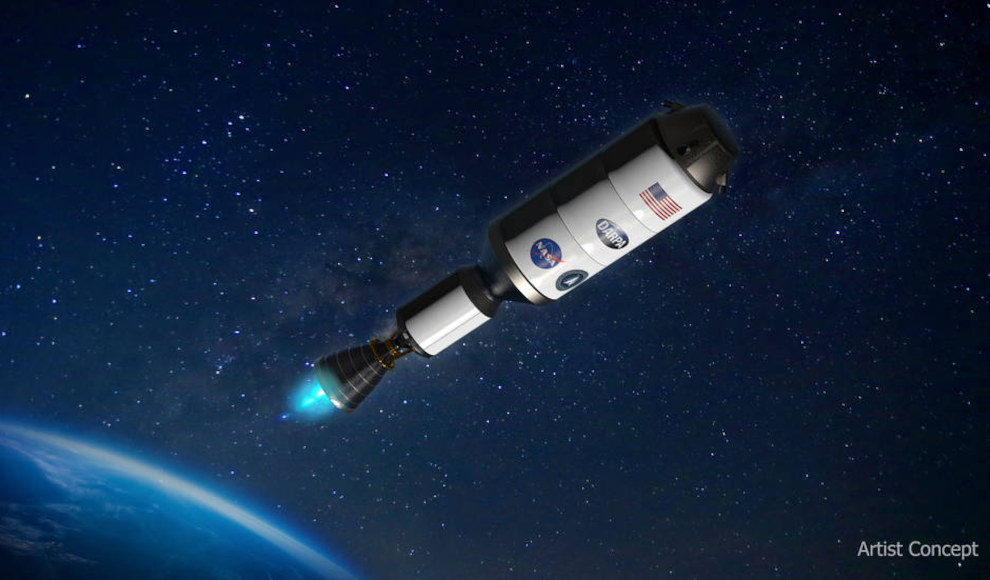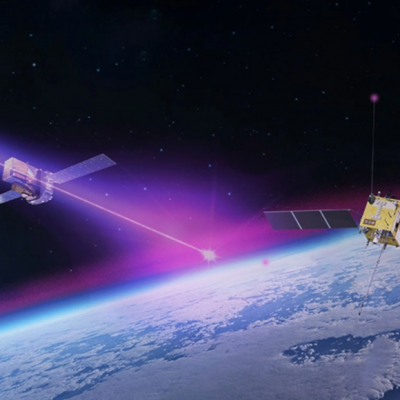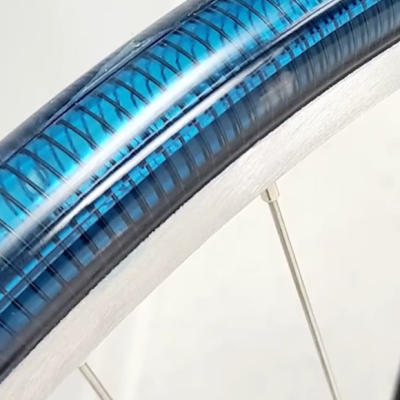NASA and the Defense Advanced Research Projects Agency (DARPA) have announced their collaboration in developing a thermal nuclear propulsion system that could revolutionize space travel, particularly deep-space missions. The current travel time to Mars using conventional rockets takes about seven months. However, the new propulsion system could reduce the travel time to just 45 days, according to ScienceAlert. The technology could also significantly increase the payload capacity of rockets.
The thermal nuclear propulsion system works by using a special atomic reactor to generate extremely high temperatures. This allows for the conversion of liquid hydrogen into ionized hydrogen, which can then be expelled through a nozzle to propel the rocket. While the concept has not yet been tested in practice, the two project partners aim to design and test a rocket with a thermal nuclear propulsion system by 2027.
Aside from the thermal nuclear propulsion system, researchers from McGill University have also presented a concept for a laser propulsion system that could shorten the travel time to Mars. However, it remains uncertain whether this technology can be realized in the near future.
The development of these new propulsion systems could significantly advance space exploration and open up new possibilities for deep-space missions. With the collaboration of NASA and DARPA, the future of space travel looks promising.










